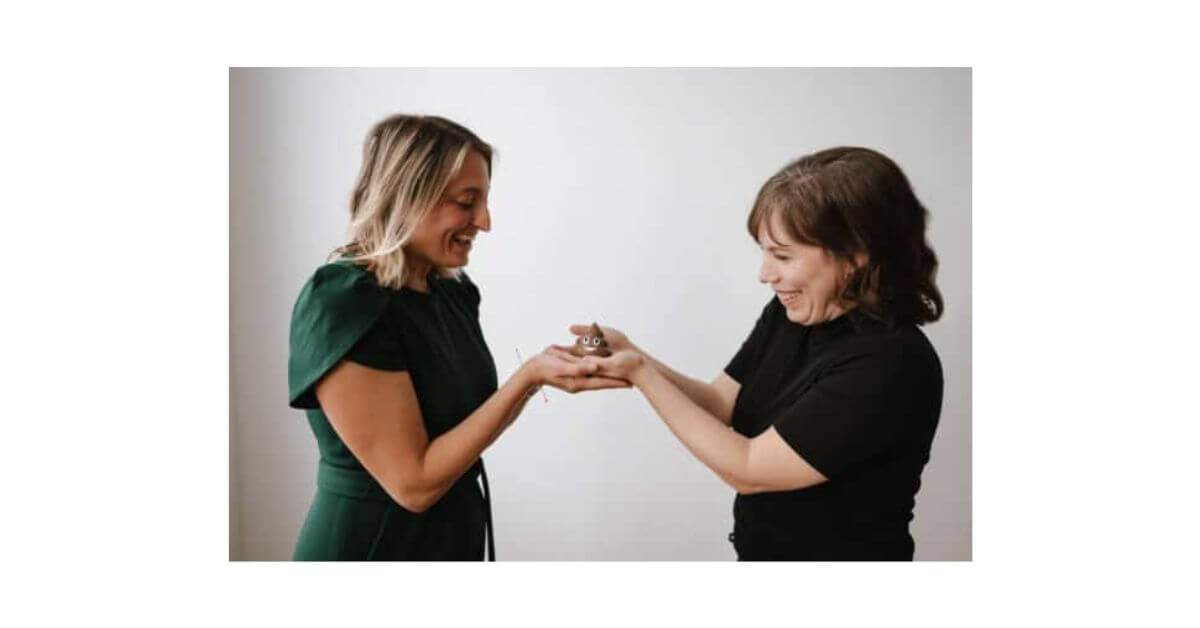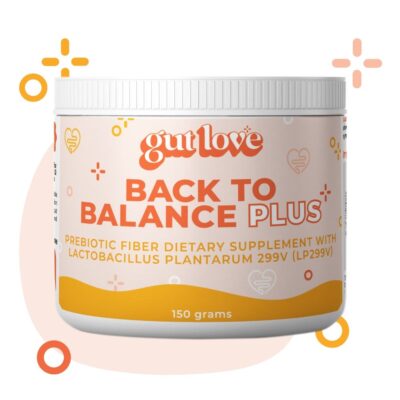Supporting Your Loved One with Ulcerative Colitis
Have you ever wondered how you could support someone with Ulcerative Colitis? Maybe your loved one was just diagnosed or they have had it for a while and you aren’t quite sure what to say or how you can offer help.
If you are a family member, friend or romantic partner of someone who is newly diagnosed – you are likely dealing with your own feelings about the new diagnosis too. Often times those closest to those of us with IBD will also experience feelings of grief and may want to help but not be sure how to.
On the other hand, your loved one might have had UC for a while now and maybe you are just searching for further understanding on how you can support them. Either way, it’s wonderful that you are seeking to gain an understanding of UC. And how you can best support your loved one and show you truly care.
There are many possibilities of how you can support someone with UC. Below we have listed our top tips. However, the expert on support – is your loved one. If you aren’t sure how to help – it’s always ok to ask!
Keep in mind that we might not know what we need either. So sometimes offering up ideas can be a very kind and generous thing to do.
The Impact of Ulcerative Colitis
If you aren’t already familiar with UC – Ulcerative colitis (UC) is a type of inflammatory bowel disease (IBD) where the large intestine is inflamed with visible ulcers.
UC is a chronic condition where inflammation in the large intestine usually starts at the rectum and progresses throughout the entire colon. Due to this chronic condition, it is greatly appreciated when loved ones offer support to those living with ulcerative colitis.
Symptoms can include abdominal pain, urgency, bloody bowel movements, weight loss, and nutritional deficiencies. There are many other symptoms that can be experienced within the digestive system and outside of it including joint pain.
Patients with ulcerative colitis are faced with many challenges when it comes to managing their disease, making it difficult to engage in social activities and oftentimes left with feelings of guilt. The disease alone can be unpredictable which can cause anxiety and other barriers to a person who is living with UC.
According to the Crohn’s and Colitis Foundation, it is said that 1 out of 100 Americans are living with an IBD diagnosis. Because the disease can be so demanding and energy-draining, having support from friends and family members can be a helpful way for allowing open discussions and making the most out of life for the patient living with UC.
We have also created a blog on ways to support someone with Crohn’s Disease, another type of inflammatory bowel disease. Today we will be sharing a few tips on ways you can show your support to someone with ulcerative colitis.
How To Support Someone with Ulcerative Colitis
1. Educate yourself on the disease
Learning what ulcerative colitis is can help the person with UC to feel more comfortable with having open discussions with you about their disease. This is helpful for the patient because they will feel both seen and heard by their loved ones. UC is a complex condition overall and can also be difficult to live with.
Treatment plans can change over time. There are bouts of relapse and remission making the disease unpredictable and anxiety-provoking. And many doctors can be a part of the patient’s multidisciplinary team. If the disease is left untreated, symptoms can become dangerously worse.
Taking the patient’s age into consideration is of great importance to help maintain their quality of life which UC can affect. Educating yourself on the disease is an active way of showing your support because it lets the patient know that you care and are willing to understand what they often experience.
2. Offer help
Having ulcerative colitis can make it harder to do things that require energy, especially during an active flare. Depending on the person with IBD, some individuals may not feel comfortable with asking for help. Whether it be house chores, grocery shopping, taking care of the kids, or other tasks. This is where offering your unconditional love and support becomes lifesaving to your loved one.
By understanding the disease itself, you appreciate how offering your help can make a big difference to them. Showing your support during the most difficult times can allow your loved ones to take a nap to help regain their strength, take time to eat their meals, meditate or practice deep breathing when feeling overwhelmed and make it to their appointments or other commitments that they have made.
It’s important to communicate effectively with someone who has IBD since long term perceived stress can be a trigger for some with the disease. In this situation, offering your help can help relieve some of that stress and burden that many patients with IBD carry.
Some ideas on how you can offer help:
- Offering to go to infusions or doctor visits with them
- Watching kids so they can take a nap
- Cooking a meal of their choice for them
- Writing in a card and offering kind words and letting them know you care
- Understanding when they aren’t feeling up for attending things
- Not taking it personal if they have to end things early due to low energy
- Letting them know all feelings are valid and accepted
- Planning time to do something they love together
- Asking for their input on meals at get togethers or eating out as a group
3. Listen
The more we listen, the better we’re able to learn. When it comes to an invisible disease like UC, it can be difficult for the person living with it to communicate effectively what it is they’re feeling. It can also be uncomfortable to talk about given the fact that it is an illness in the digestive tract.
Offering a safe space for your loved one to share their experiences with IBD, their appointments, uncertainties, and medications that they take can lift a burden off their shoulders. Listening to your loved one with UC is one of the best ways that you can show your ongoing support.
One way you can let your loved one know you are listening is to repeat back what you are hearing them say. And ask further questions to let them know you are interested and engaged.
Another way you can support your loved one is by practicing listening without judgment. Or trying to change the situation at hand. Unless your input is asked for directly, try to avoid advice giving.
Listening without judgment can also mean allowing for all feelings to be valid and accepted. Listening without trying to find a silver lining can help the person sharing feel more at ease and understood.
Key Takeaways
Having ulcerative colitis comes with many challenges. Symptoms and the disease itself can be extremely draining/ And a person’s quality of life is affected from the beginning of diagnosis. Food fears and malnutrition which can increase hospitalization can occur. Which is why having a registered dietitian on board is crucial for the person living with IBD.
Longing for the identity that we once had prior to an IBD diagnosis can also happen along with anxious thoughts, making a therapist an important team member in the patient’s life. Understanding medication side effects, endoscopy scores, and choosing the right treatment plan are also important thereby making a trust-worthy gastroenterologist an important relationship to have.
Because this disease is so complex in multiple areas, your support is much needed and appreciated by your loved one. There are many ways that you can show your support as mentioned previously. If you have any unanswered questions that are still pending for you, there are other resources that you can turn to including The Crohn’s and Colitis Foundation to learn more.
If you are curious of ways that the Crohn’s and Colitis Dietitians can support you on your IBD journey, see the link here for available services.







I’m living with my spouse who has ulcers colitis and IBD I need more advice about dietary changes what I can do to make him feel better when a flare up happens
We would love to help! My best suggestion would be to work 1:1 with us. I’ll put a link below for that. If that doesn’t work for you, check out our e-book (also below) and our youtube channel!
🎉 Top Rated Flare Guide + Flare Friendly Meal Plan ⬇️
https://crohns-and-colitis-dietitians.thrivecart.com/flare-guide-insta/
💜 Schedule a Inquiry call to Work with us ⬇️
https://p.bttr.to/2VpevRX